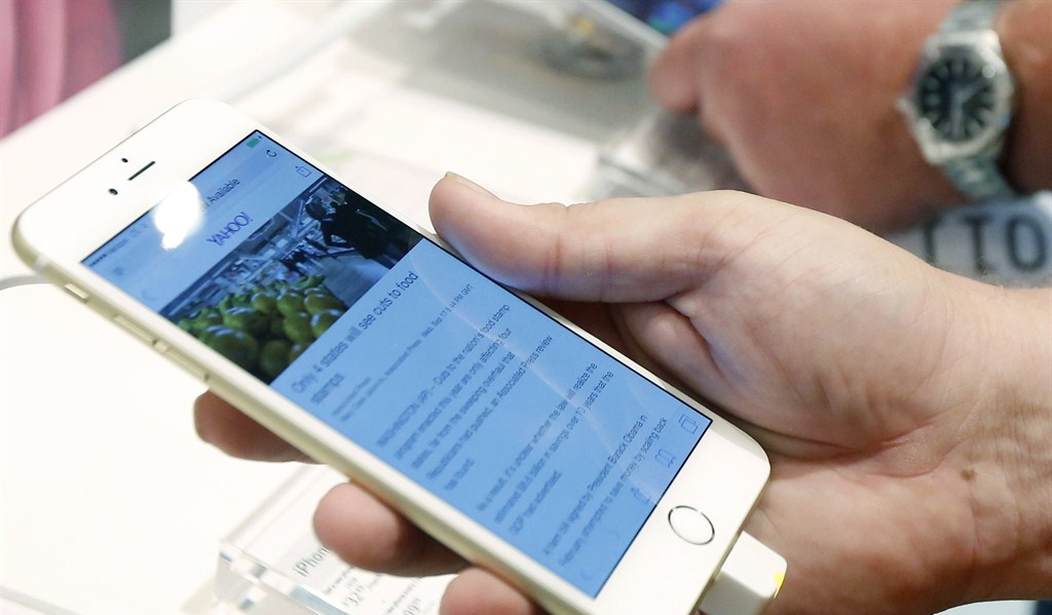What's your sister-in-law's phone number?
When is your nephew's birthday?
Is there a physical map -- of anywhere -- in your car?
If you're like most of us, you've long surrendered your ability to retain this kind of information to handy gadgets that do it for you. This has some scientists and culture watchers very, very concerned.
You can't go a day without someone complaining that technology is making us dumber, and it's tempting to agree. We are creatures of the hyperlink, where the only real knowledge we need is the knowledge of where to find knowledge.
Google has the answers. Amazon has the products. Your smart phone knows when your nephew's birthday is, and will even send you a helpful reminder! Mine just alerted me to a meeting I definitely forgot about.
If we're honest, though, no one really misses having to memorize stuff, or the anxiety of getting lost, or poring through a card catalog at the local library. Yet we still seem to believe all these technological innovations that make our lives more convenient are sinister. And, of course, there are apps for that.
You can install Freedom or Moment on your devices to prevent you from engaging with them, yet technology writer Nicholas Carr lamented that very necessity in an interview with Vice, saying, "Our own willpower is somehow insufficient to deal with this." True, and we also can't stop ourselves from eating all the Pringles. We are but mortal beings.
Study after study shows just how terrible our technology dependency is. The lights emitted by smartphones and computers make it harder for us to sleep at night. We are more easily distracted. Our memories have depleted. Scientists have even proven that our brains have stopped learning how to navigate, thanks to GPS systems.
Recommended
Many also believe that new gadgets -- like the Amazon Dash button, which allows you to automatically reorder laundry detergent or diapers, for example -- are going to cause us to forget how to do everyday tasks. Paul Roberts, author of "The Impulse Society: America in the Age of Instant Gratification" frets that "losing the mental skills needed to compile a shopping list ... (is) part of the broader 'de-skilling' of everyday life with the spread of automated conveniences."
Then, of course, there's the negative impact on our human interactions. If you think sending an emoji of a birthday cake is a sufficient way to wish your mother a happy birthday, you've probably become a little disconnected.
But Carr says this happened long before the Internet. "If you look at the original radios, they were transmission as well as reception devices, but before long most people just stopped transmitting and started listening."
It seems to me, though, that a lot of this handwringing is just misplaced nostalgia for what we think of as simpler times.
Clive Thompson, author of "Smarter Than You Think," explains that every technological innovation from the past provoked the very same fears that we have today. The printing press; the automobile; the ATM -- all cause for great anxiety once. And yet we adapt, to quote the publicity blurb of his book, "learning to use the new and retaining what's good of the old."
It's inarguable that social media is increasing the scope of what we know, connecting us to faraway people and places and making it easier to interact with the global community. And search engines have only empowered our curiosity instead of stifling it. I don't know anything about the red-crested tree rat, but I'm far more likely to Google it than I am to reach for an encyclopedia that I don't own. (I just Googled it -- it's nocturnal and lives in the forests of Colombia.)
It's tempting to worry that the robots are taking over and civilization is doomed to idiocy. But fear not: Stupidity is timeless. As Thompson says, "There were plenty of people who were shallow and trivial and not interested in the long-form thought" before the Internet came along.
So relax. Enjoy your technological conveniences. And remind yourself that you never really learned how to program your VCR anyway.























Join the conversation as a VIP Member